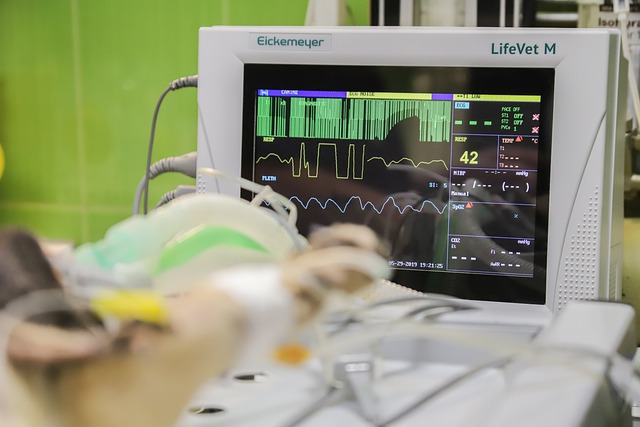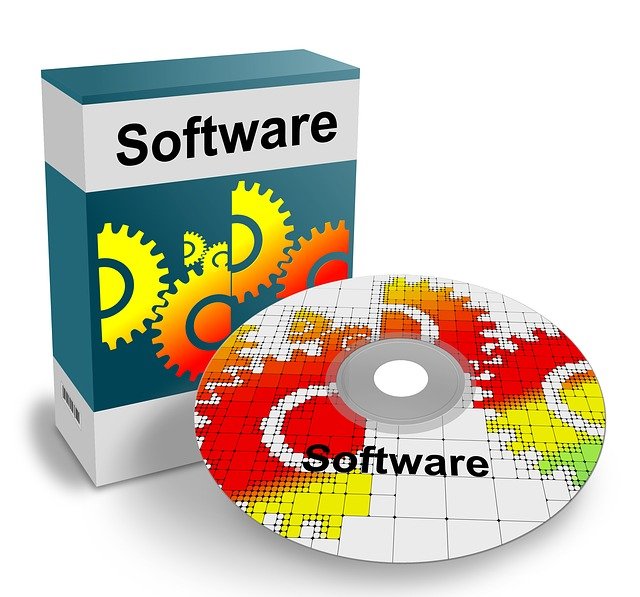What Is The Role of Data In Healthcare?

Healthcare is a field that is constantly evolving. New technologies and treatments are being developed all the time, and it is essential for healthcare professionals to keep up with the latest trends.
One of the most important aspects of modern healthcare is data.
Data plays a vital role in every aspect of healthcare, from research and development to patient care and treatment. In this article, we will discuss the role of data in healthcare and how it is changing the industry for the better.
The Importance of Data Observability
If you’ve never heard the term before, you might be asking yourself, “what is data observability?”
Data observability platforms are essential when managing data in the healthcare field. These platforms allow healthcare professionals to collect, monitor, and analyze data in real-time. This is important because it will enable them to quickly make decisions and respond to potential problems.
Data observability platforms also help to improve communication between healthcare professionals and patients. By providing a clear and concise view of patient data, these platforms help to ensure that everyone involved in the patient’s care is up-to-date on their condition.
The Role of Data in Healthcare
Data plays a vital role in every aspect of healthcare. It informs decision-making, guides research and development, and improves patient care. In recent years, the use of data has become increasingly important in the healthcare industry.
Precision Medicine
Precision medicine is an approach to healthcare that takes into account a patient’s individual characteristics, such as their genes, lifestyle, and environment.
This type of personalized care is made possible by the use of data. Healthcare professionals can provide more effective care by understanding a patient’s unique needs and using data to guide treatment decisions.
Research & Development
The use of data is also essential in the area of research and development. By collecting and analyzing data, healthcare professionals can identify trends and patterns that can help to inform new treatments and therapies.
The use of data is also essential for clinical trials. In order to be approved, new treatments must go through a rigorous testing process. The use of information is necessary for designing and conducting clinical trials. Check out the website to know more information about clinical solutions.
Patient Care
Data is also changing the way patient care is delivered. Healthcare professionals can develop more personalized treatment plans by collecting data on a patient’s condition. This type of individualized care has been shown to improve outcomes and reduce the risk of complications.
The role of data in healthcare is constantly evolving, and its importance continues to grow. By using data, healthcare professionals can improve many aspects of healthcare, from research and development to patient care.
The Future of Healthcare
In the future, data’s role in healthcare will be undeniably important. As technology advances, humanity will have access to more data than at any point prior.
This data can then be used to improve patient care and guide both research & development and decision-making processes. Healthcare’s future is dependent on data – it changes how we deliver care as a whole.
The next time someone asks, “what is data observability?” you’ll be able to inform them of the many applications it has for the healthcare sector.
Final Thoughts
Data is changing the healthcare industry for the better. Data is positively impacting the healthcare field by improving precision medicine, enhancing research and development, and delivering more personalized patient care.
As technology advances, we will have access to even more data that can be used to improve the delivery of care. The future of healthcare is data-driven, and it is changing the way we deliver care.






